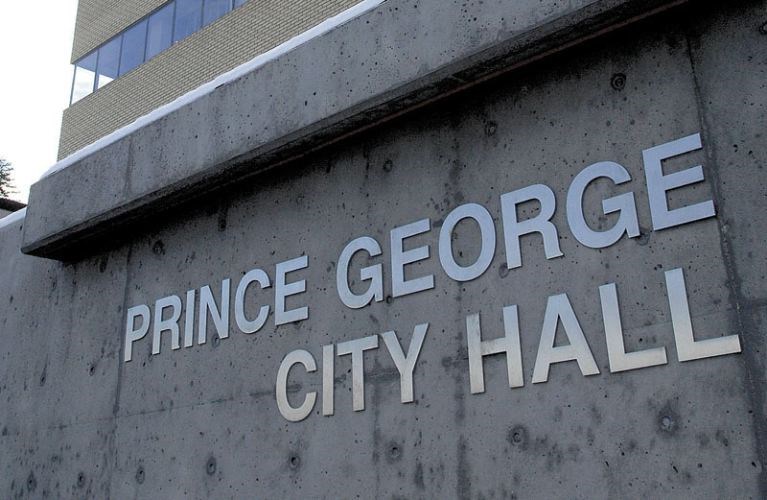The city had a successful first season of putting third-party suggestions about snow clearing into practice, according to a staff update on last year's controversial consultant report.
On Wednesday night city council, sitting as a committee of the whole, will discuss the fallout from recommendations made by Mercury Associates, a U.S.-based firm that conducted a review of the city's snow clearing and fleet operations last summer.
The report found it was "very challenging and difficult for (the city of Prince George) to make good decisions on snow and ice operations" due to poor pre-winter planning, equipment maintenance and a lack of tracking and benchmarking.
"Anecdotally, staff has noticed an increase in public approval and a reduction in complaints with respect to snow removal and ice control," said a new staff report from the public works department.
"Staff takes pride in the value placed on the delivery of these services to meet community expectations."
The Mercury report made 46 recommendations, which were turned into 26 action items approved by council last September.
Among those already put into practice this past winter were adding timelines for when city streets have to be plowed - two days after the end of a snowfall for downtown and major arterial routes and three days after those top priority streets have been finished for residential roads.
This winter found the Priority 1 and 2 routes took an average of about four hours longer than the 48-hour timeframe due to setbacks such as equipment breakdowns, large snowfalls (more than 20 centimetres) and back-to-back snowfalls. The residential street clearing took an average of one hour longer than the 72-hour goal.
To meet those timelines, the city had to increase its fleet of graders and returned to a retainer system. Three graders were secured this way at a cost of $8,500 per month (from November to March).
The city also rented two additional graders and four operators this winter, but staff are recommending having five retainer contracts this season to reach the required minimum of 10 graders because of a "diminishing pool of available hourly rental equipment."
Last fall, city council also approved establishing a snow route bylaw, restricting where and when people could park during plowing season. The city handed out 427 tickets and towed 140 vehicles this past winter as a result.
Other recommendations put into place this season were creating a pre-winter calendar of preparation activities, implementing a pre-season "Think Snow" seminar for staff, making the Vellencher Road weather station operational and creating a communications plan to keep residents informed of when and where snow clearing was happening.
Still on the work plan is outfitting the snow fleet with GPS equipment. The city has awarded the contract for that work to Newfoundland and Labrador-based SkyHawk Telemetrics for a $120,000 capital expense and an expected $60,000 annual operating cost.
Overall, the cost to fully put the Mercury recommendations into place comes to more than $1 million (including both one-time capital and ongoing operating costs).
"As a result of the Mercury report and the associated focus on snow and ice control operations, staff is keenly aware of the service expectations and we are confident that city staff is more than capable of restoring the former service excellence the community has come to expect," said the staff report.



